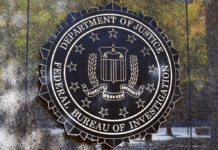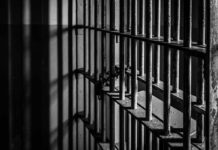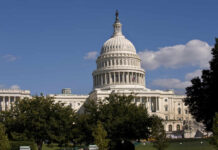
Dr. Robin DiAngelo, an associate professor of education at the University of Washington, recently said on the “Not Your Ordinary Parts” podcast that the “Creation of Adam” painting by Renaissance painter Michelangelo in the Sistine Chapel is a work of White supremacy.
“When I’m doing a presentation, I use a lot of images; you may be surprised that the single image I use to capture the concept of white supremacy is Michelangelo’s Sistine Chapel,” DiAngelo said.
“You can’t watch that movie and not know the ideal is White.”
Robin DiAngelo posits that the movie Frozen is conveying racist themes to children.
These people are genuinely insane. pic.twitter.com/WTMHSYaJnb
— iamyesyouareno (@iamyesyouareno) October 16, 2023
The college professor lamented that the paintings’ subjects are White: “God creating man, you know, where God is in a cloud and there are all these angels and he’s reaching out and he’s touching, I don’t know who that is, David or something, and God is White and David’s White and the angels are White like that is the perfect convergence of White supremacy, patriarchy, right?”
DiAngelo did not know the famous painting depicts Adam, not King David, despite saying, “I was raised Catholic, so I saw many images like that as a child.”
Meanwhile, her theology is race-based, “I don’t think to myself, ‘Oh, God is White,’ but that’s in a lot of ways its power, right? I always belong racially to what is seen, what is depicted as the human ideal.”
During the recent podcast, DiAngelo related how reading an article on critical race theory “changed her life” and made her feel like she was having “an out-of-body experience.”
“Like, ‘Oh, my God. I’m White.’ And everyone can see it. It suddenly felt really loud. I didn’t want to go outside. Because everybody could see that I was White. Like, that’s how deeply embedded in White consciousness is the lack of racial consciousness. I grew up poor and female and Catholic, and so from a very early age had a deeply internalized sense of injustice.”
Critical race theory (CRT), an educational model that finds White racism at the foundation of American and Western society, continues to grow its hold on universities. John Hopkins University recently announced it will be refocusing its “critical studies” center from “citizenship” to “colonialism.”
Robin DiAngelo says she believes all white people's households are racist, including her own. 🤡 pic.twitter.com/PLt5oOa8fM
— 🔥🇺🇸 KC 🇺🇸🔥 (@KCPayTreeIt) October 6, 2023




























